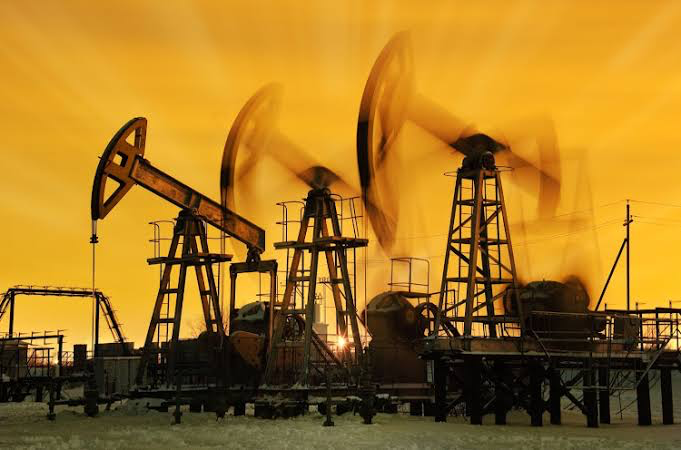The Middle East is witnessing a surge of violence and instability, as a missile strike on a fuel tanker in the Red Sea and an attack on U.S. troops in Jordan near the Syrian border have raised fears of a wider conflict in the region.
However, oil prices have fallen more than a dollar a barrel on Monday, as the demand outlook remains gloomy due to China’s deepening real estate crisis and high interest rates in Europe.
Missile Attack on Tanker
The Saudi-led coalition fighting in Yemen reported that a missile hit a fuel tanker in the Red Sea, causing a fire on board. The coalition blamed the Iran-aligned Houthi group for the attack, which it said was a “terrorist act” that threatened maritime security and global energy supplies.
The Houthis, who have been battling the coalition since 2015, did not immediately claim responsibility for the attack, but they have previously targeted Saudi oil facilities and vessels in the Red Sea.
The tanker carrying about 2 million barrels of crude oil was hit while sailing from Saudi Arabia to Egypt. The coalition reported that the fire was extinguished and and no casualties were reported.
U.S. Troops Attacked in Jordan
On Monday, the U.S. Department of Defense reported that two American soldiers and one Jordanian soldier died in an attack on U.S. troops in Jordan near the Syrian border
The Pentagon reported that a “rogue element” of the Jordanian military carried out the attack, and that it was not related to the ongoing civil war in Syria or the regional tensions.
The U.S. and Jordan are close allies and have been cooperating in the fight against the Islamic State militant group in Syria and Iraq. The U.S. has about 3,000 troops stationed in Jordan, mostly for training and advisory purposes.
Oil Prices Fall
Despite the escalation of violence in the Middle East, oil prices have dropped on Monday, as traders weighed the supply risk premium against the demand concerns stemming from China’s ailing property sector.
China, the world’s largest oil importer, is facing a real estate crisis that has worsened with a Hong Kong court ordering the liquidation of property giant China Evergrande Group, which has more than $300 billion in debt.
The collapse of Evergrande, which has been struggling to pay its creditors and suppliers, could have a ripple effect on the Chinese economy and the global financial system, as well as dampen the appetite for oil and other commodities.
Brent crude futures fell $1.22, or 1.5%, to $82.33 a barrel, while U.S. West Texas Intermediate crude futures were down $1.24, or 1.6%, at $76.77 per barrel.
Some analysts and experts believe that there is still hope for a peaceful resolution of the Middle East crisis and a recovery of the oil market.
The U.S. Secretary of Defense Lloyd Austin vowed to take “all necessary actions” to protect U.S. interests and personnel in the region, and to support its allies and partners. He also called for dialogue and diplomacy to de-escalate the situation and prevent further escalation.
The International Energy Agency (IEA) predicts that the world will experience a growth in global oil demand by 3.3 million barrels per day in 2024, as the world recovers from the pandemic and transitions to cleaner energy sources.
Source: Reuters



